The UN General Assembly (UNGA) is the main policy-making organ of the Organization. Comprising all Member States, it provides a unique forum for discussion of international issues under the Charter of the United Nations.
Heads of state and government from at least 145 countries around the world attended the 2023 UNGA summit, which was its 78th session.
With such a concentration of world leaders, including the US President, who addresses the summit, security is always a major concern.
As such, the UN and the United States start preparing for UNGA months in advance, leaving to chance.
This year’s summit took place from September 19-23 and 26.

World leaders gathered to engage in the annual high-level General Debate under the theme, “Rebuilding trust and reigniting global solidarity: Accelerating action on the 2030 Agenda and its Sustainable Development Goals towards peace, prosperity, progress and sustainability for all.”
Security and Preparation
Secret security agencies, including the United States Secret Service (USSS) prepare adequately for the UNGA.
U.S. Secret Service (USSS) was established in 1865 to stop criminals from counterfeiting money and other goods.
The agency later assumed the role of protecting national leaders, their families, and visiting dignitaries in 1901, following the assassination of President William McKinley, the 25th President of the U.S.
Also Read: Ruto Secures More Deals for Kenyans, Pushes for Fair Loan Terms
Therefore, USSS ensures the safety and security of dignitaries and attendees during this high-profile global event.

USSS begins the security process with threat assessment and coordination with other agencies.
Also, they plan how to carry out their activities, examine the security perimeters, close protection details, the emergency response planning.
Additionally, they secure communication, enhance cybersecurity measures and public safety measures.
Similarly, they enhance cooperation with the private sector, international collaboration, and examine the post-event evaluation.
Why Security is boosted during UNGA
Possible threats during UNGA meetings include terrorism, protests, espionage, assassination attempts, cybersecurity threats, proximity threats, health emergencies, natural disasters, and logistical challenges.
To prevent these, the U.S. Secret Service employs extensive measures to mitigate these risks and ensure the safety of presidents and other attendees at the UNGA.
The security agencies protect presidents through a comprehensive approach involving a dedicated security detail, advance planning, secure transportation, intelligence gathering and access control.

Also, it includes surveillance, counter-surveillance, secure communication, emergency response plans, cybersecurity measures, extensive training, inter-agency cooperation, and public awareness campaigns.
This multifaceted strategy aims to safeguard the presidents from a wide range of potential risks and threats
Further, security agencies collaborate through intelligence sharing, a unified command structure, extensive planning, resource sharing, joint training, defined roles, communication protocols and continuous threat assessment.
Collaborations
Moreover, they coordinate with the private sector, emergency response plans, public safety measures, and post-event reviews.
This collaborative approach ensures the safety and security of high-profile events like the UNGA and allows agencies to adapt swiftly to emerging threats and challenges.
In addition, the service’s concept of security is based on implementing external and internal security checkpoints, establishing screening areas and restricted zones to control access into areas surrounding the complex, as well as maintaining high-security levels inside the compound.
Through these measures, dignitaries can move freely and conduct their business while inside the UN.
Additionally, the U.S.S Secret Service conducts bomb sweeps in conjunction with host country law enforcement entities, close circuit television (CCTV) surveillance and perimeter protection ensure that the whole compound is always safe.
Also Read: Biden Gives Ruto Special Mention in Global Meeting
The US Secret Service is primarily responsible for the security of VIPs outside the UN premises and coordinates the arrivals and departures at the UN alongside the SSS Special Services Unit.
However, while inside the premises, most dignitaries also receive close protection personnel from the SSS.
Executive Steering Committee
The executive steering committee gives final approval over a list of security and operational plans.
Highest levels of government, including the directors of the USSS, FBI and Secretary of Homeland Security are briefed on every facet involved in the NSSE security planning.
Once world leaders and UN members are “wheels down” in NYC, there is close coordination of all stakeholders.
Part of that coordination is setting up operations and coordination centers throughout the city.
Also, These operations and coordination centers tackle everything from hotel lodging and coordination to intelligence deconfliction, communication, medical response, and air traffic.
USSS Criticism
USSS like other U.S. agencies, faced criticism and scrutiny for several perceived shortcomings in relation to the September 11, 2001, terrorist attacks.
These included the failure to anticipate the specific attack methods, intelligence sharing issues, lapses in airport security, a lack of coordinated response in the initial aftermath, and communication challenges.
The 9/11 attacks led to significant reforms and changes in U.S. security practices to prevent future acts of terrorism and improve coordination among various agencies.


![11 Companies To Be Granted Licenses To Export Coffee From Kenya [Full List] Afa To Issue Coffee Export Licenses To 11 Companies In Kenya]( https://thekenyatimescdn-ese7d3e7ghdnbfa9.z01.azurefd.net/prodimages/uploads/2025/11/AFA-CEO-2025-360x180.png)
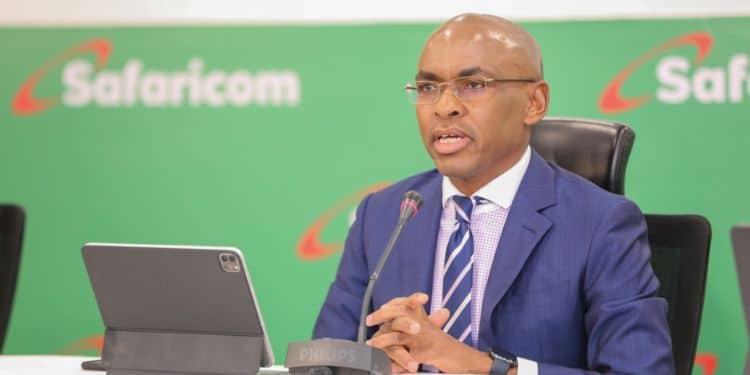

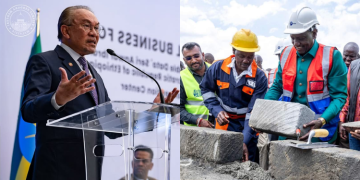
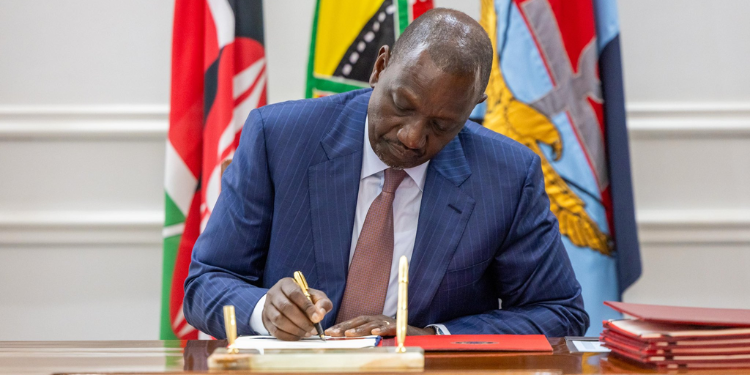
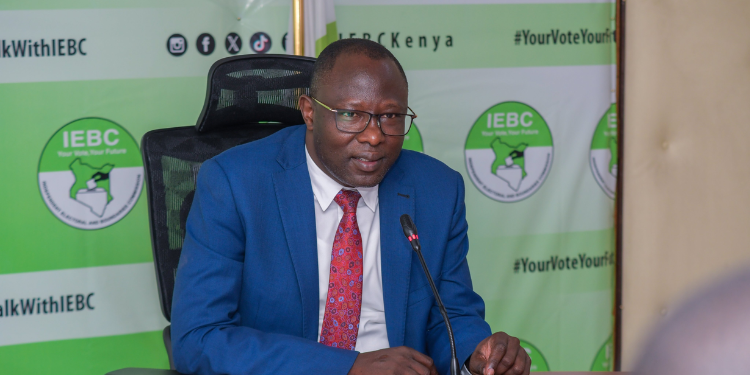
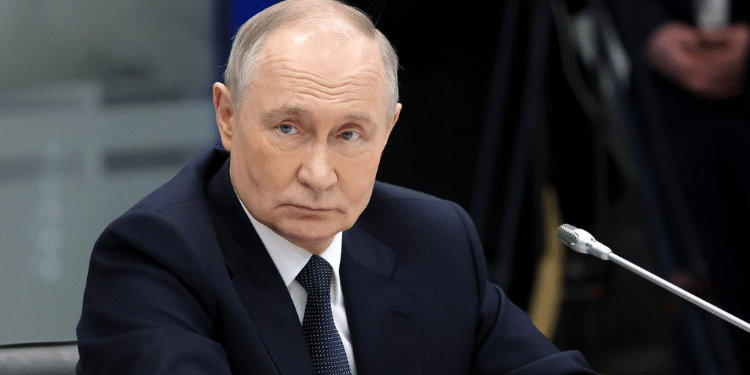
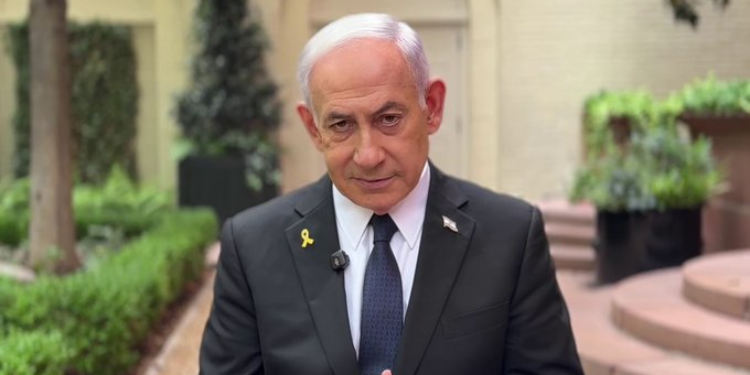
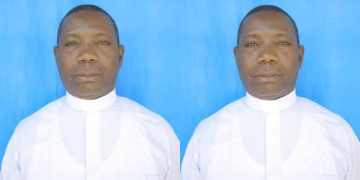







![Billions Each Top Kenyan Bank Has Made So Far In Profits This Year [List] Q3 2025 Results For Equity, Kcb, Co-Op, Absa And Other Banks]( https://thekenyatimescdn-ese7d3e7ghdnbfa9.z01.azurefd.net/prodimages/uploads/2025/11/C0-OP-KCB-Equity-Absa-360x180.png)
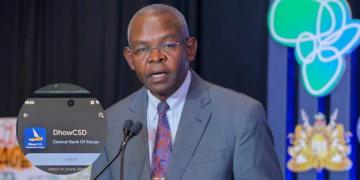
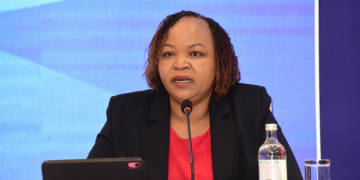
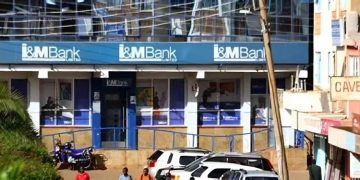



















































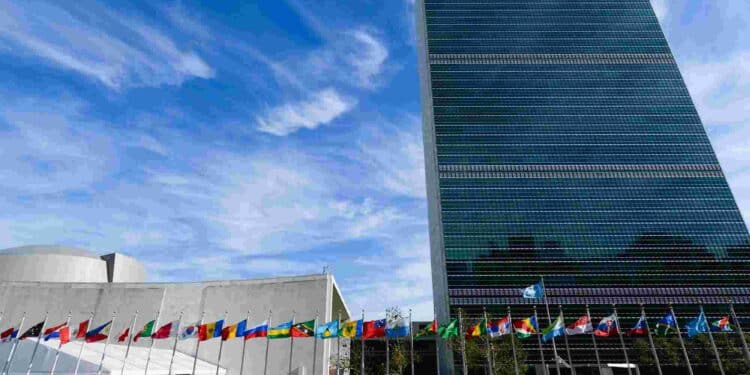
![11 Companies To Be Granted Licenses To Export Coffee From Kenya [Full List] Afa To Issue Coffee Export Licenses To 11 Companies In Kenya]( https://thekenyatimescdn-ese7d3e7ghdnbfa9.z01.azurefd.net/prodimages/uploads/2025/11/AFA-CEO-2025-120x86.png)
